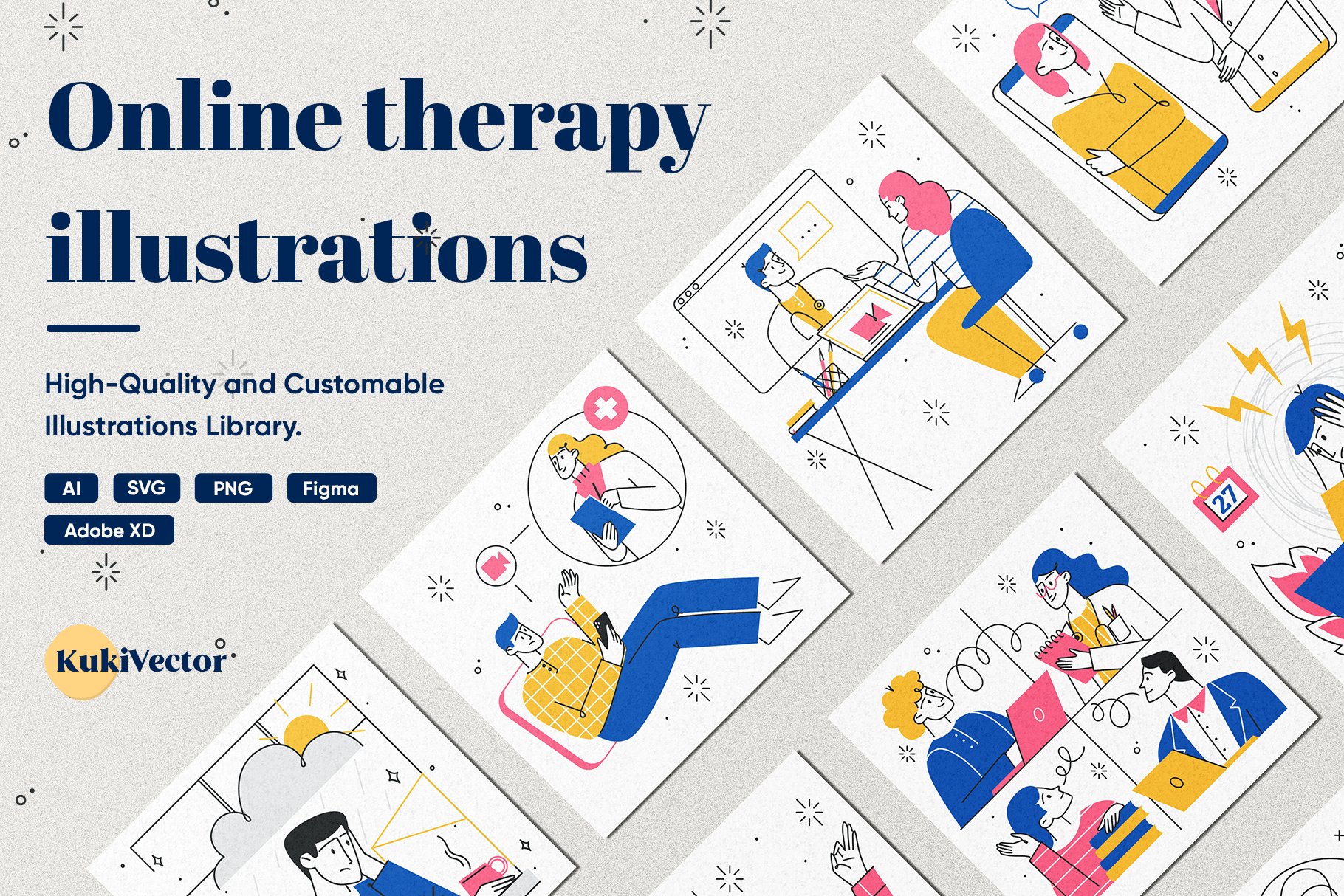Empath Therapy: Nurturing Empathy for One's Self and Those Around Us
In a society where emotional relationships are growing more significant, empathic counseling emerges as a transformative approach to cultivating understanding for both oneself and those around us. This therapeutic practice identifies the special difficulties faced by individuals with high sensitivity who frequently take in the emotions of others. By embracing and comprehending these high sensitivities, empath therapy presents a journey to individual advancement and enhanced interactions.
The advantages of empath therapy go beyond mere affective relief. It enables individuals to develop a intense sense of empathy while simultaneously forming appropriate boundaries. This nuanced balancing act not just helps empaths guard their mental well-being but also improves their ability to connect with the emotions of others in a caring and meaningful way. Through this path, individuals can discover healing, foster endurance, and ultimately contribute to a more empathetic world.
Comprehending Compassion
Compassion refers to the ability to understand and share the sentiments of others. therapyhelpers requires recognizing feelings, reacting to them appropriately, and developing a bond based on common experiences. This intense emotional insight allows people to step into someone else's perspective, which is vital in developing strong and supportive relationships. Compassion is not just about sympathy; it goes beyond that to completely accept the emotions and perspectives of others fully.
In the domain of empath therapy, this understanding of compassion serves as a powerful tool for healing. Patients learn to explore their own feelings and the feelings of those around them, creating a safe space for personal expression and exploration of emotions. This therapeutic approach encourages people to connect with their inner selves while also acknowledging the emotional realms of others, fostering a greater sense of compassion and understanding toward themselves and their relationships.
With empathy-based therapy, individuals can leverage the gains of compassion not only for individual development but also for improving their interactions with people. By cultivating empathy, clients can improve their communication skills, manage conflicts more efficiently, and develop more constructive relationships. As they practice empathy, they simultaneously become aware of how to establish personal boundaries, which is important for preserving emotional health. In conclusion, understanding and applying empathy is key to psychological recovery and personal development.
The Advantages of Empathy Counseling
Empath therapy provides a singular path to psychological health by promoting a more profound understanding of a person’s individual feelings and those of others. This type of therapy enables individuals to connect with their feelings, allowing them to identify patterns that may have before gone unnoticed. As a consequence, people often discover themselves more equipped to navigate their psychological worlds, resulting to greater awareness of oneself and strength in the confrontation of challenges.
Another significant advantage of empath counseling is its capability to develop stronger interpersonal relationships. By honing their empathy skills, individuals learn to listen actively and respond with greater empathy. This not only enhances their connections with loved ones but also creates a supportive setting that encourages open communication. As empathy grows, disagreements can be addressed more effectively, promoting peace in both personal and professional connections.
In conclusion, empathy counseling encourages a comprehensive feeling of wellness by encouraging self-compassion. Individuals are taught to treat themselves with the same kindness they are being taught to offer to other people. This change in mindset can lead to reduced feelings of shame and shame, allowing for a more optimistic view of oneself. As a result, people who engage in empath therapy often experience a profound sense of peace within and satisfaction, enriching their total lives.
Strategies for Nurturing Empathy
One powerful technique for developing compassion through empathetic therapy is meditative mindfulness. By practicing mindfulness, individuals learn to be present in the current experience, noticing their cognitions and emotions without judgment. This insight allows empathetic individuals to better understand their feelings and recognize the sensations of those around them. Adding daily mindfulness activities can boost empathy and compassion, creating a deeper connection with the individual and others.
Another valuable technique is deep listening. By genuinely immersing themselves with someone else's narratives and emotions without interruption or criticism, sensitive people can build deeper relationships. This activity not only demonstrates compassion but also allows empathetic people to reflect on their own emotions as they relate to others. Active listening promotes an transparent exchange of emotions, assisting to create an environment where compassion can flourish.

Finally, journaling can function as a strong tool for cultivating compassion. Writing about situations, thoughts, and social encounters enables empathetic individuals to reflect on their emotions and gain insights into their capacity for empathy. Regular writing can aid participants identify patterns in their emotional responses, leading to enhanced personal insight and a deeper understanding of how to connect with people.